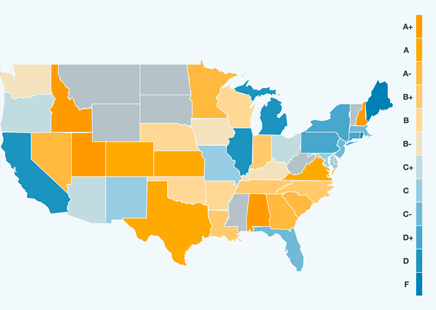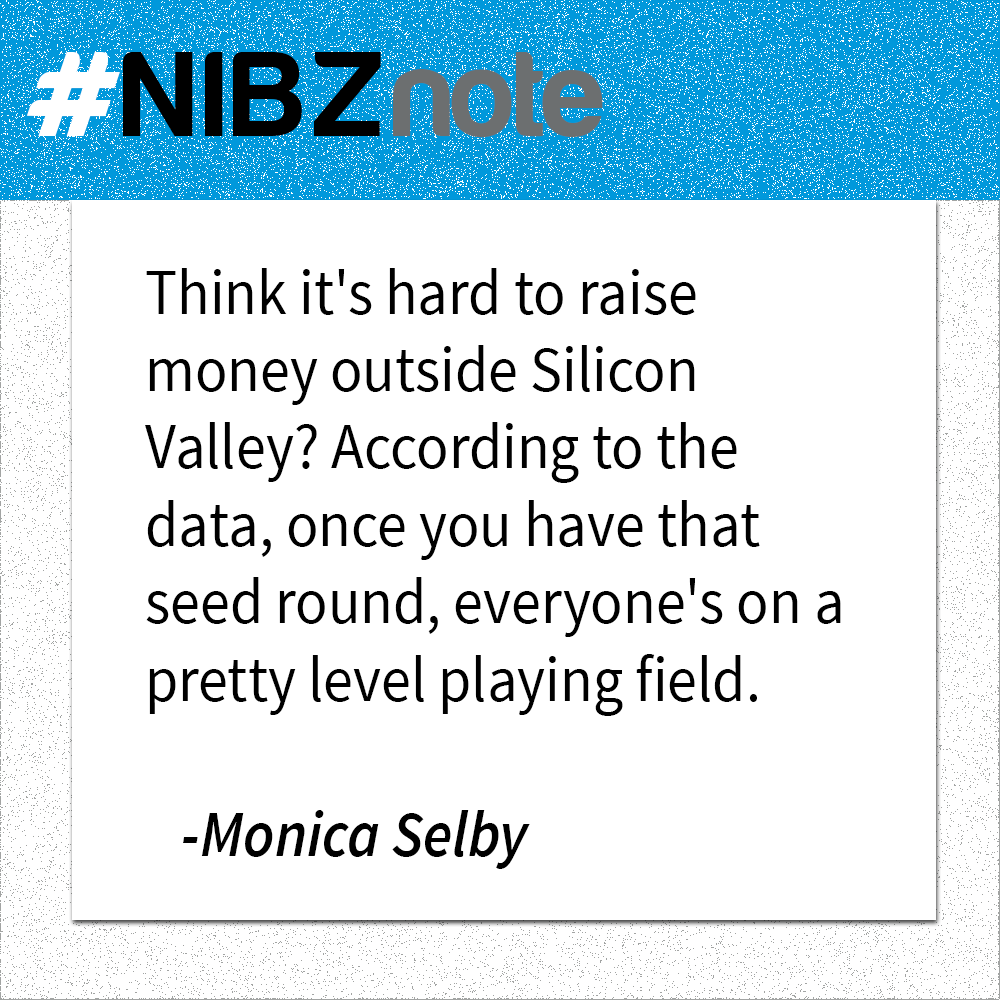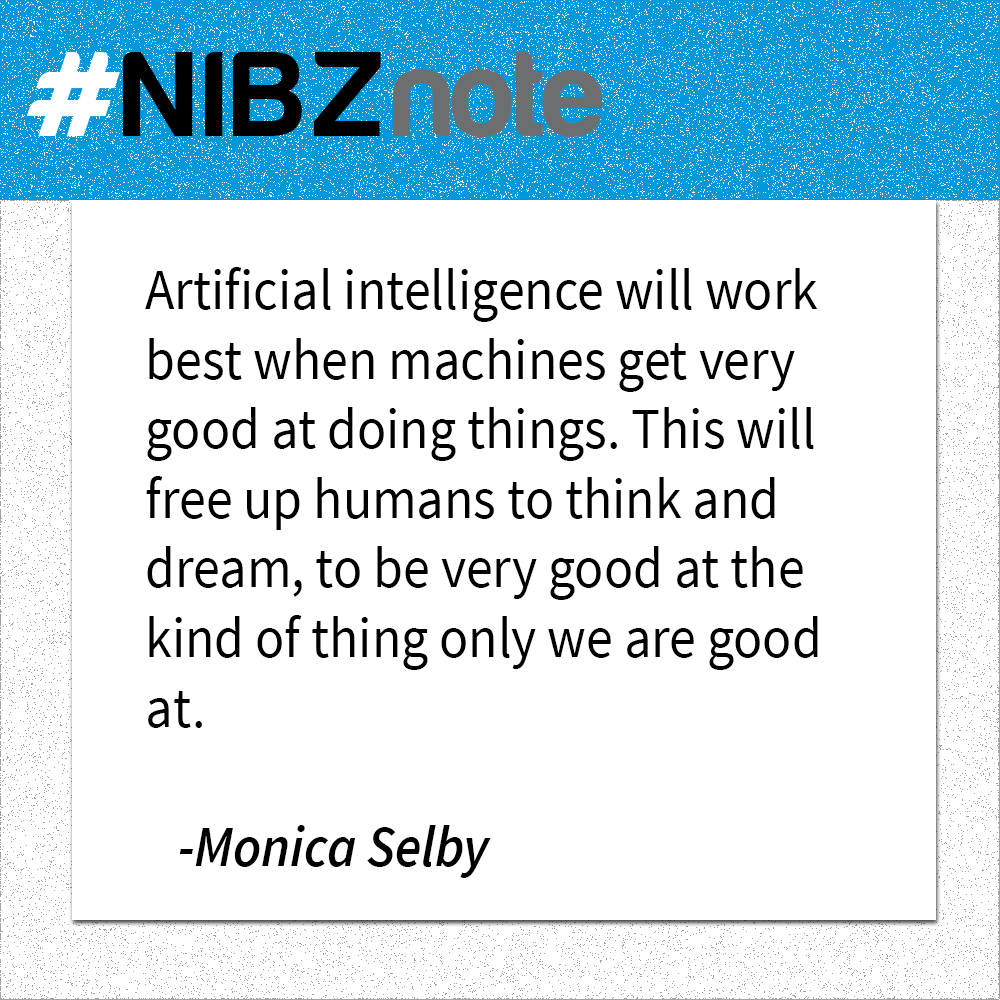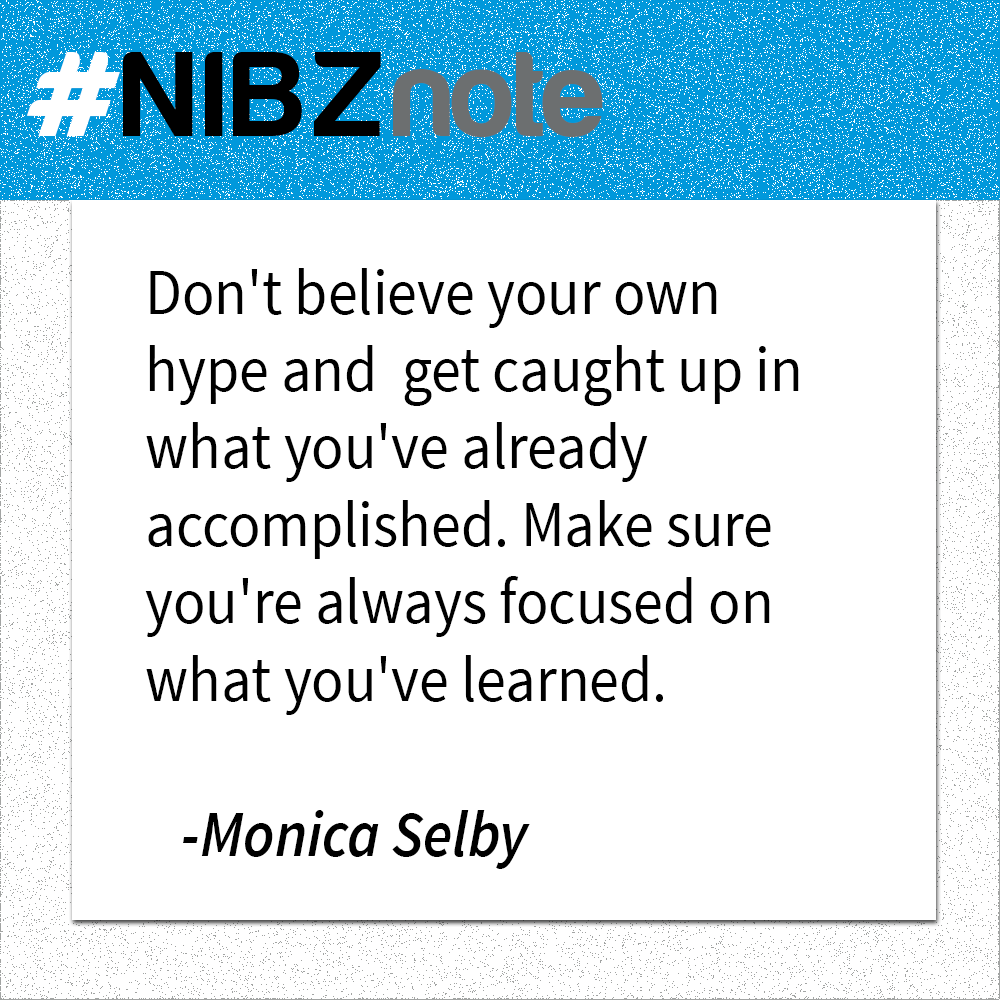
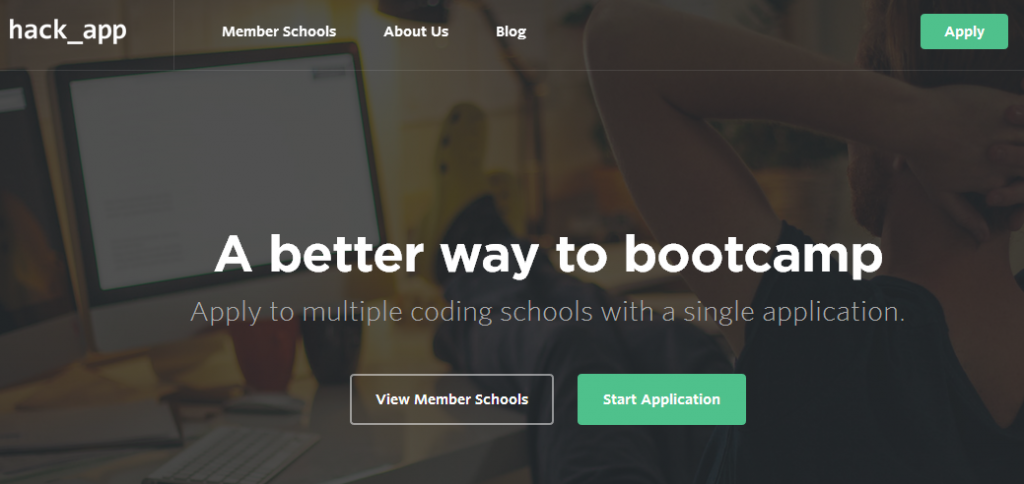
With the massive shift in the economy in the last few years, many adults have found themselves without the skills they need to be successful. Even those with steady jobs feel the itch to learn something new or stay relevant.
Because of that, there have been an explosion of so-called “boot camps.” Dev Bootcamp, General Assembly, and Hack Reactor are just a few examples.
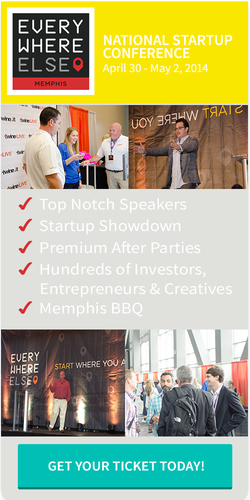 But, the process of finding and applying to all those schools can be a pain. So, John Reagan created hack_app to streamline the process.
But, the process of finding and applying to all those schools can be a pain. So, John Reagan created hack_app to streamline the process.
Check out our Q&A with John below, and if you’re looking for a career change, click through to see if hack_app can help you do it.
What is your startup called?
We’re called hack_app. We provide a common application and admissions software for career accelerators, schools that provide 2-6 month intensive skill development courses like Dev Bootcamp, General Assembly, and Hack Reactor.
What’s the story behind your idea?
Last summer our CEO, John Reagan, was looking to change up and accelerate his career when he first heard about career accelerators. The prospect of totally changing his career and life in under three months was very intriguing. So he started researching and applying to web development career accelerators and was extremely excited to learn a whole new skill set that would better prepare him for the startup world.
During the search and application process John Reagan was frustrated by the lack of accessible, accurate information about the different career accelerators and also by the amount of time it took him to complete several different applications that asked very similar, but slightly different questions. So John Reagan had the vision of a common application service that would allow applicants like himself to easily apply to multiple schools and a directory and information hub that would give potential students accurate, updated information to help them make informed decisions about where to go to school.
He started calling schools and getting input on the concept and a lot of positive feedback so he decided to pursue the idea and his co-founder, Stephen came onboard as well. John Reagan went to school at MakerSquare in Austin and got a crash course in web development. During that time we were learning about the industry and we were working on hack_app both inside and outside of the course.
After MakerSquare, John Reagan started working on hack_app full-time, and then Stephen left his job to move to Nashville and work on hack_app full-time in December.
Who are the founders, and what are their backgrounds?
John Reagan Moore – CEO
John Reagan has a background in economics and project management. He has been interested in entrepreneurship since college and had worked on a couple ideas and small business before hack_app. He was working as a project manager at a non-profit before taking the leap into a career accelerator and starting hack_app.
Stephen Watkins – CTO
Stephen has been writing code since before he could spell development. He studied CS in college and spent a few years as a developer with a national defense contractor before heading to a web development job at the Florida non-profit where he and John Reagan met.
Where are you based?
Music City, USA. (Nashville, TN)
What’s the startup scene like where you are based?
We just recently moved to Nashville, so our experience is pretty limited, but we have been really welcomed by the community here. We work out of the Nashville Entrepreneur Center and there is a fantastic community of active founders and mentors there, willing to listen and help. There is definitely a strong healthcare influence on the startup scene here, but I think it is also a great and rapidly improving place for tech and consumer startups as well.
What problem do you solve?
Admissions Time Sink
Both career accelerators and their students spend a lot of time on admissions. Students have to write a lot of applications, and school administrators have to read a lot more. The admissions process is a massive time sink for schools. We are saving both the students a lot of time by enabling the students to apply to a lot of schools while still only filling out one application. We are saving the schools a lot of time as well by streamlining their admissions flow, and soon we will be offering ways to prescreen applicants.
School Marketing Friction
Schools also face the problem of friction between the moment a student is first interested in them on a directory site and capturing their information and starting the marketing and admissions process.
We offer a platform for schools to market themselves on a level playing field and for students to identify the differentiators that matter to them. We make the admissions process smoother with our common application, and our upcoming admissions management system will make the entire admissions process significantly easier for both schools and students.
Why now?
Higher education is broken, and too big and slow to adjust to the needs of the students and our national economy. Career accelerators are exploding across the planet with industry growth well over 1000% in 2013. These new schools need a place to get their message out, and software to help their schools and the industry continue to grow efficiently.
What are some of the milestones your startup has already reached?
-
In December we raised a seed round to help us get this thing off the ground.
-
We just added our 15th member school. This is exciting for us because every new school we add increase our value both to students and schools.
-
In February we had our first students go all the way through the system.
What are your next milestones?
-
Completing a comprehensive admissions system. This is pretty big project and will add enormous value for our member schools. The new system will keep the entire admission cycle, from initial contact to tuition payment on our site. It will give schools a much clearer picture of their situation and allow for excellent admissions analytics.
-
Accelerator. As first time founders we think we could really benefit from the mentorship and connections from a good startup accelerator program. We are on the lookout for one that would be a good fit for us, and applying to a few programs.
Where can people find out more? Any social media links you want to share?
http://hackapp.co. That’s our main site, people can also read our blog at http://blog.hackapp.co and follow us on Twitter: @hack_app.





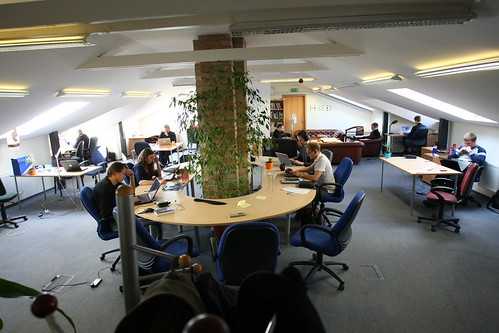
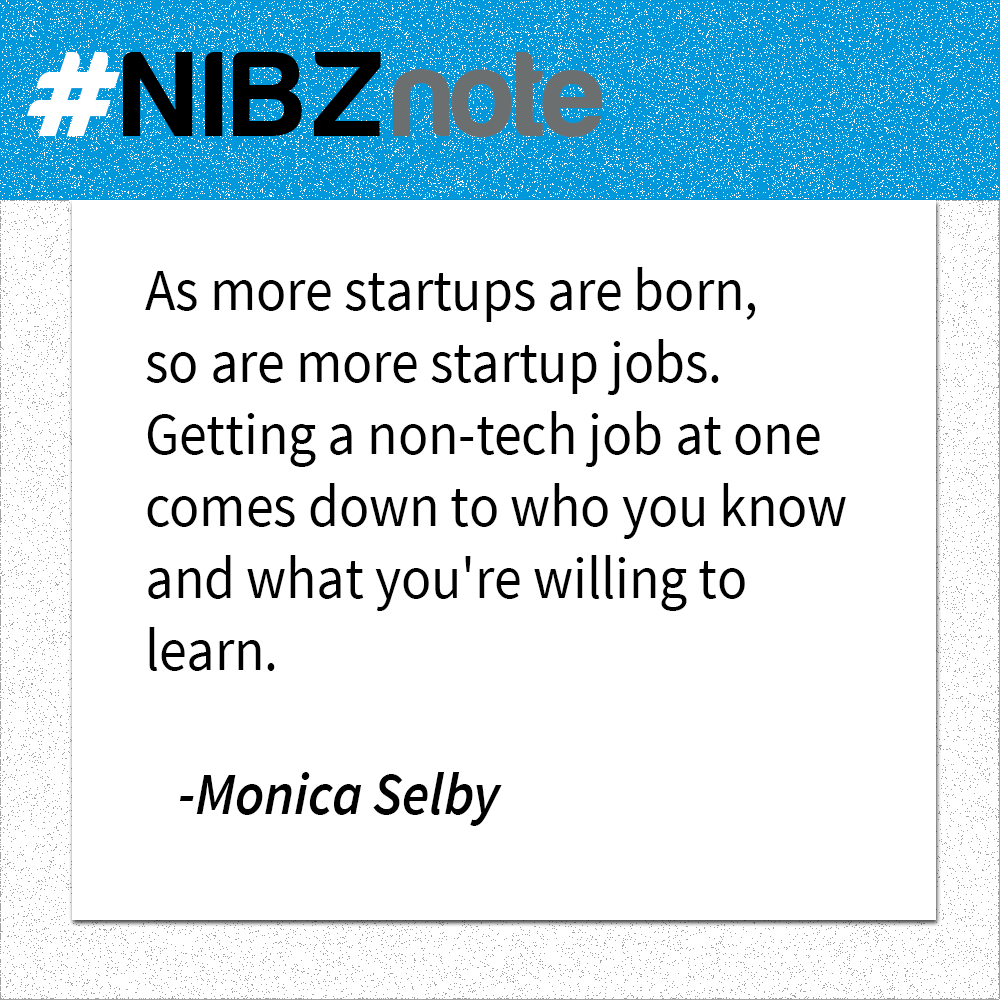


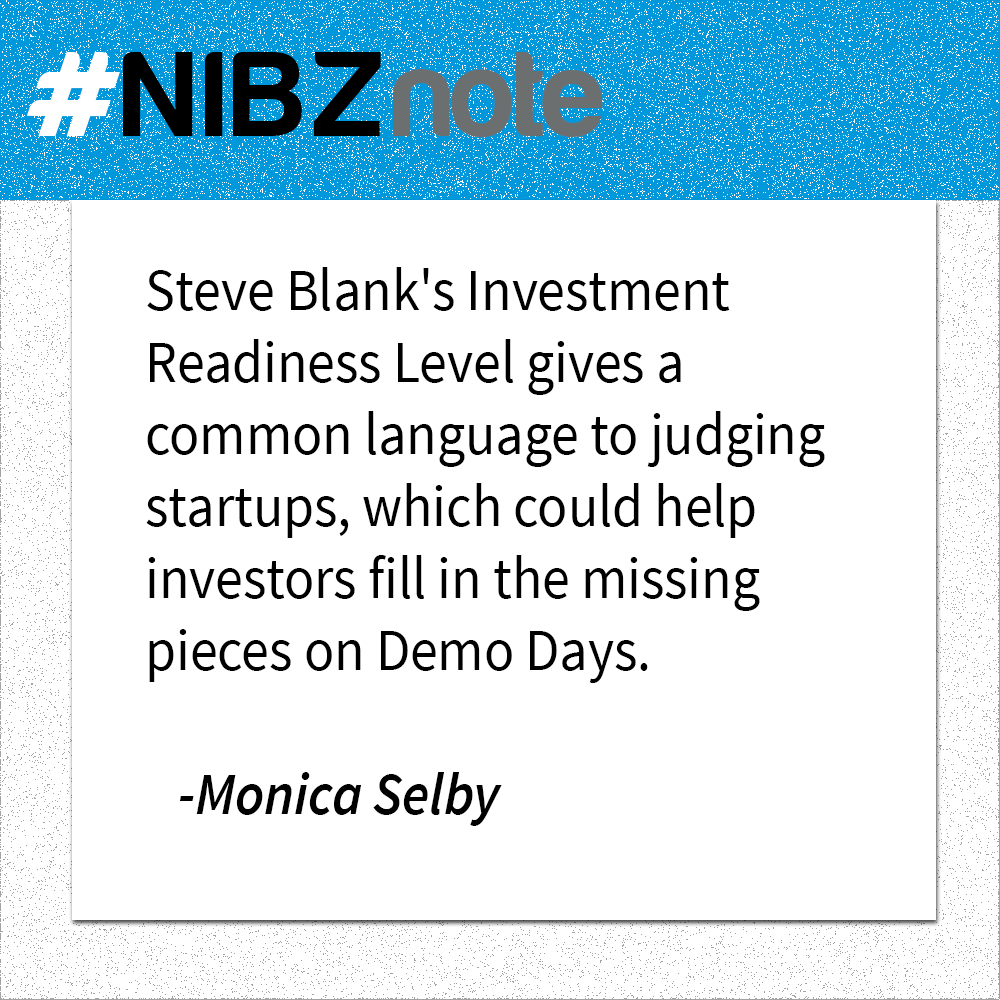


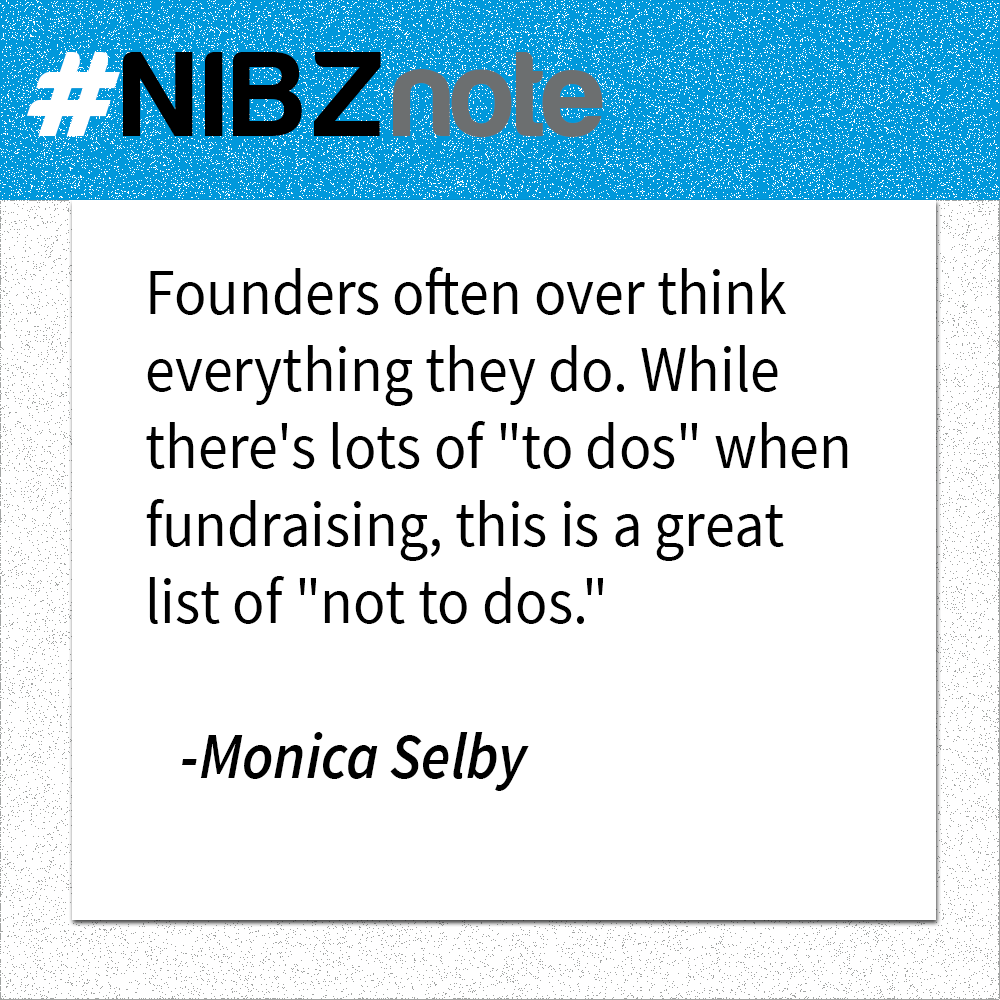


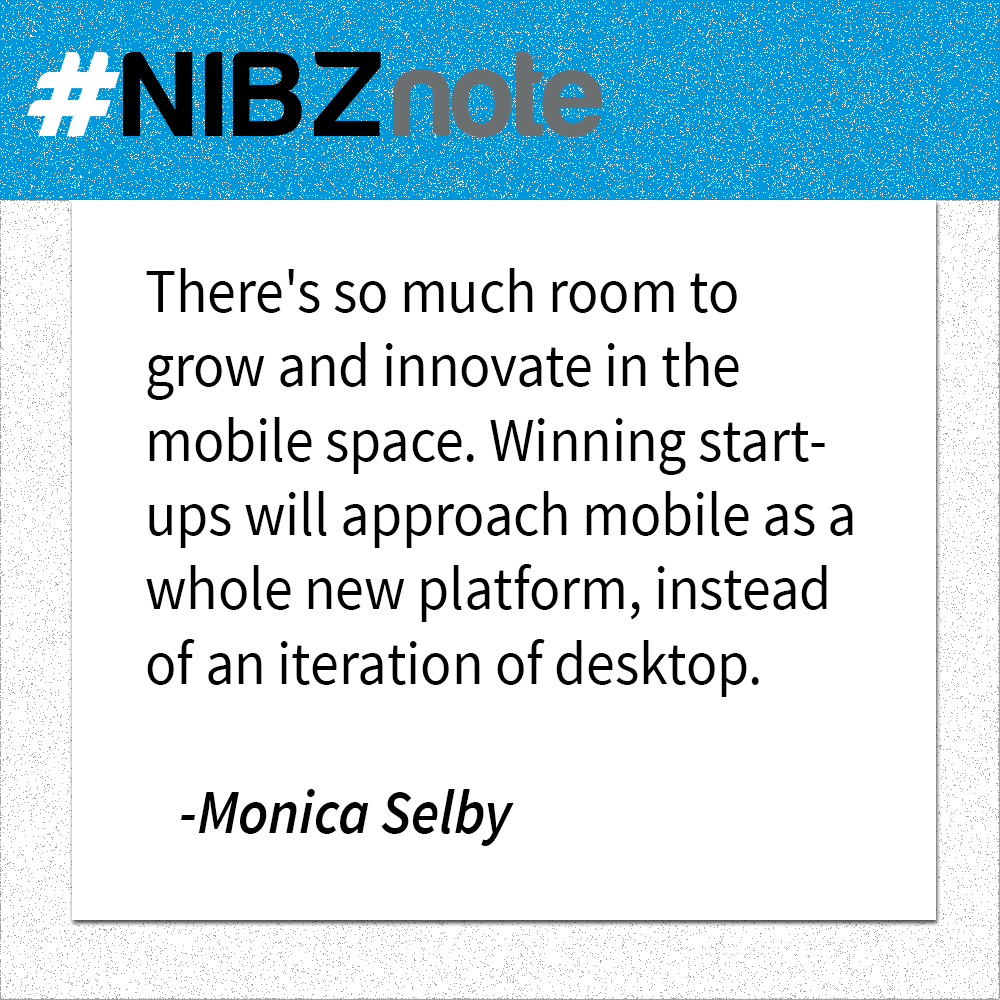




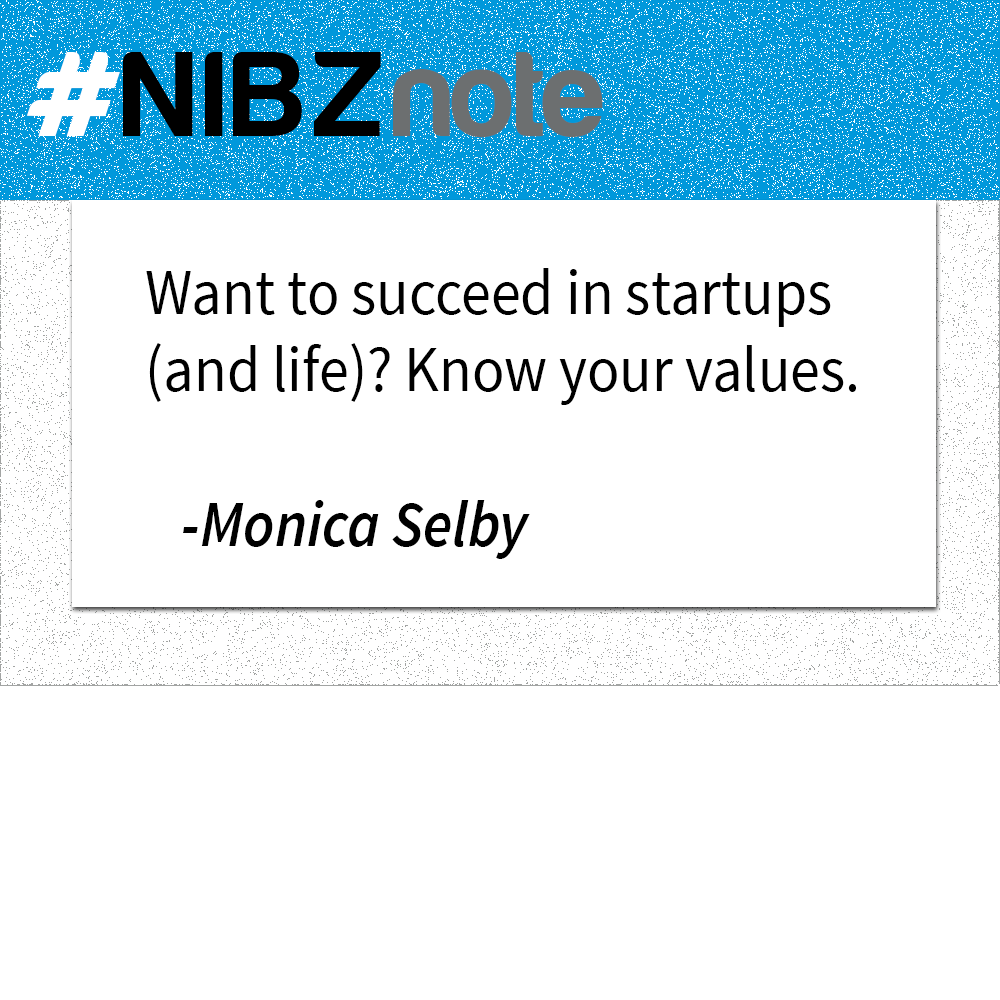


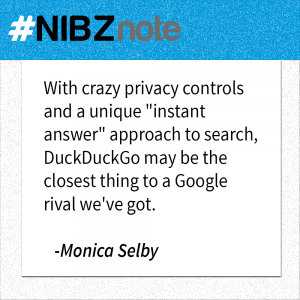 against Google? One way, he wagered, was by respecting user privacy. Six years later, we’re living in the
against Google? One way, he wagered, was by respecting user privacy. Six years later, we’re living in the 
